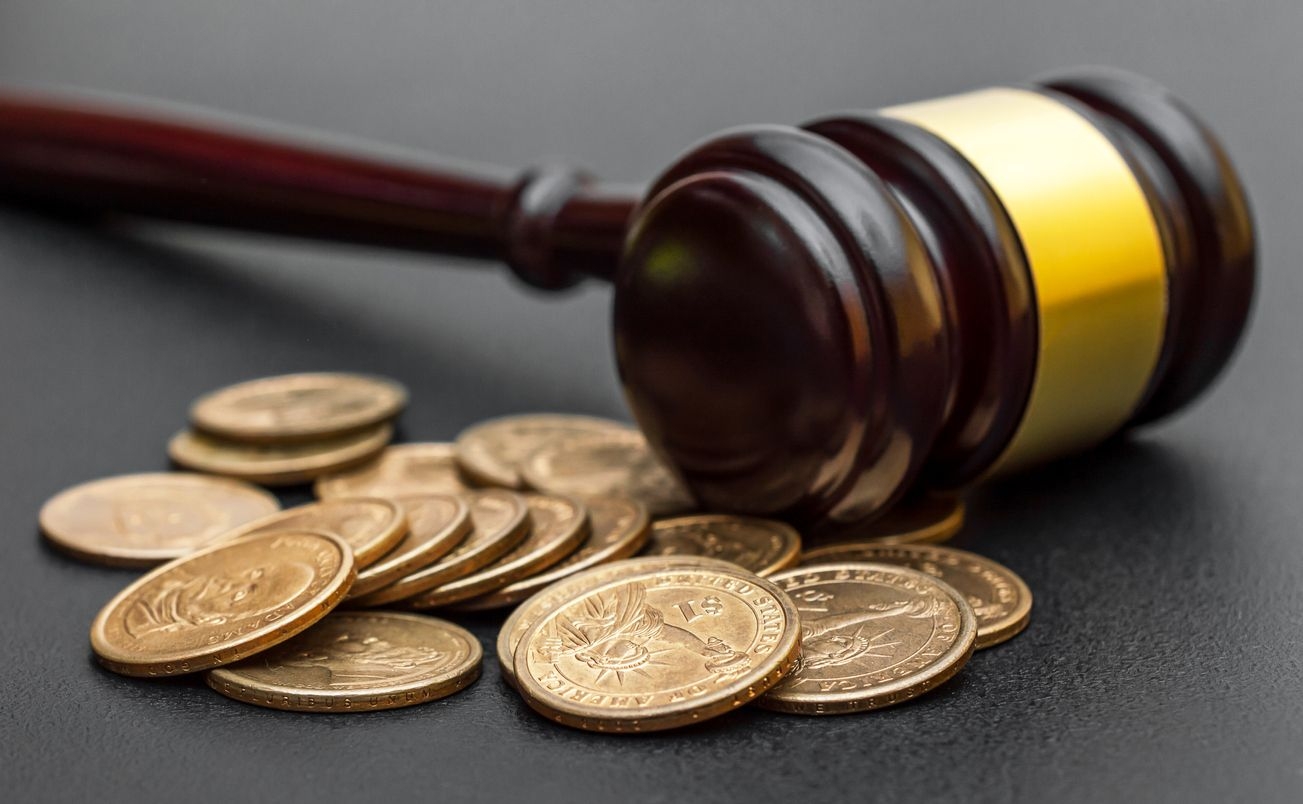Decentralized finance (DeFi) could require new kinds of voluntary regulation to manage the severe threats it poses, finance professor Tarik Roukny told the European Commission today, as the EU executive ponders how to regulate a sector that doesn’t easily fit under existing financial norms.
The commission seems set to take Roukny's comments on board as it finalizes the landmark Markets in Crypto Assets law (MiCA), which largely regulates centralized entities, and turns policy attention towards more distributed forms of lending or investment that are based on software protocols.
“DeFi tools hold a credible promise for new forms of financial services adapted to a globalized, competitive, fair and digital economy,” Roukny, an assistant professor from Leuven University, said at a commission webinar Friday, after issuing a report on DeFi to the body. “At the same time," he added, "severe threats to consumers, producers and the economy at large accompany this opportunity.”
MiCA's approach of regulating entities such as crypto wallet providers or stablecoins that seek to maintain their value to fiat currencies will only get you so far in DeFi, where many participants could seek to hide their identity, Roukny believes.
One alternative is to get providers to sign up voluntarily to regulation, Roukny said – as a “public stamp of approval” might mitigate users’ fears they’re being led into a rug pull or other scam.
Read more: Industry Offers Cautious Welcome to EU’s Landmark Crypto Law MiCA
“You need to find incentives to make it attractive for protocol designers and protocol developers to enter a policy framework or to enter the sandbox you have in mind – and that is crucially different from a lot of other services,” he said.
Public authorities could also issue warnings about faulty DeFi protocols, he suggests, citing the example of the MIT Digital Currency Initiative which in 2017 forced the IOTA protocol to improve its security by pointing out flaws.
There could also be specific rules for oracles, the services which interface between protocols and the real world – providing the details of, say, election results that aren’t subject to normal crypto validation procedures but might trigger a specific smart contract.
“There may be large benefits from interventions like public oracles, licensed oracles, or more generally regulated oracle markets that compensate for the unverifiable nature of the information,” Roukny said.
There are signs that the commission will take those proposals seriously, as it follows through on the MiCA mandate to consider DeFi regulation over the coming years.
“This report is part of our ambition to understand DeFi further, to inform our thinking about how to address any concern potential public public policy consequences,” said Mattias Levin, deputy head of the commission team responsible for digital finance, speaking at the same event.
“DeFi is rapidly emerging, albeit from a low base – but there's a strong policy interest in understanding the phenomenon further, and to try to see what are the economics and the legal implications of it,” Levin added.
Source : DeFi’s ‘Severe Threat’ Needs New Kind of Regulation, EU Commission Told
